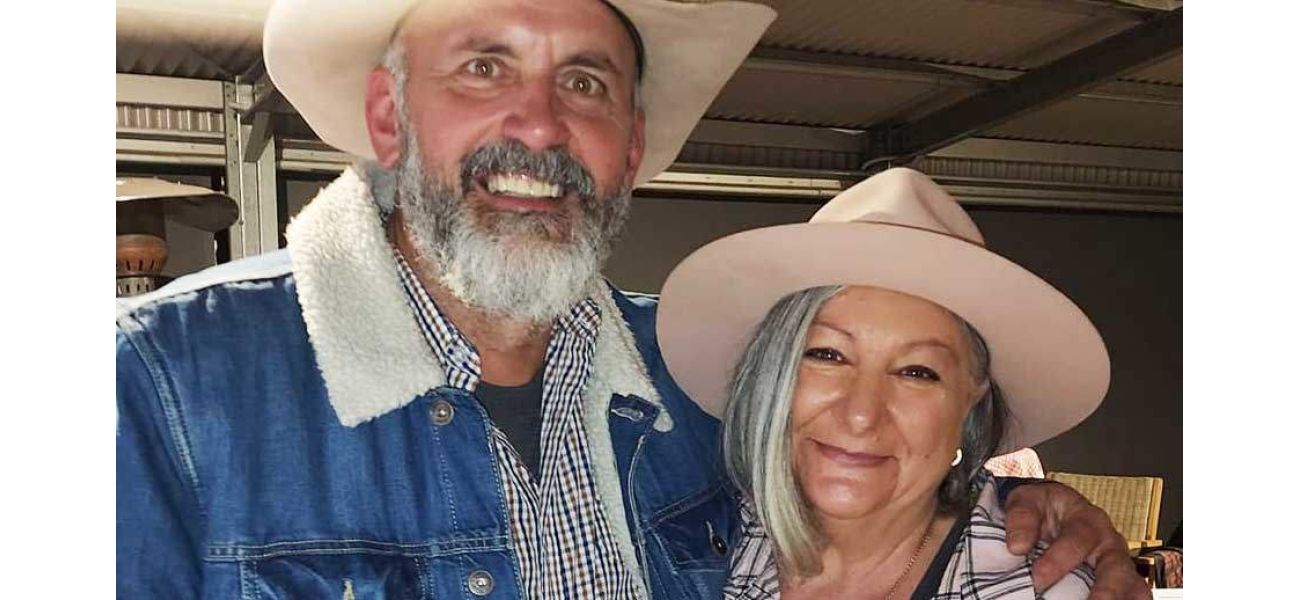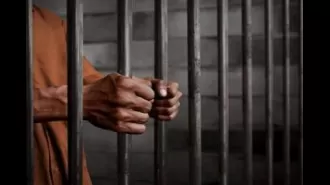Sydney residents relocating to rural areas are surprised by a significant disadvantage, calling it absurd.
People moving to rural areas are surprised by the inadequate access to healthcare, as small towns struggle with a severe shortage of doctors.
October 21st 2024.

Many people who have moved from Sydney to regional New South Wales, also known as "treechangers", have been surprised by the lack of healthcare services in rural towns. This is due to a critical shortage of doctors in these areas, which has become a major issue for the growing population.
One popular tourist destination, Mudgee, has seen a rise in young families and retirees moving to the area for its job opportunities and affordable housing. However, the town is now facing a desperate problem - a lack of doctors. The two medical centers in Mudgee, which serve a population of 12,000, have recently closed their books to new patients due to being overwhelmed and understaffed. This means that new arrivals or residents who haven't visited a doctor in a while are unable to make an appointment.
The nearby towns of Gulgong and Dunedoo are also facing the same issue, with no GPs currently available. This has caught many newcomers like Lydia Hermo and her husband Carlos off guard. When they were planning their retirement four years ago, they knew they wanted to leave the busy city life of Sydney and prioritize healthcare in their new location. They were impressed to see a new hospital being built in Mudgee, but were shocked when they found out that the medical services were not as good as they had hoped.
The couple bought a farm in Turill, 60 kilometers north of Mudgee, and quickly fell in love with the peaceful rural lifestyle. However, the lack of doctors has been a major drawback. They have to drive three-and-a-half hours back to Sydney to see their old GP for their medical needs. This is not sustainable in the long term, and they are now considering moving to an area with better healthcare services.
Louise Bligh, another retiree, has also been forced to drive back to Sydney to see a GP. She moved to Mudgee with her husband 12 months ago and was caught off guard by the deterioration of the healthcare system in the area. She has had trouble booking appointments with doctors due to their books being closed, and is now worried about what will happen in the future when she and her husband are too old to make the long journey to Sydney.
The lack of doctors in Mudgee has also affected young families, like Bligh's son and daughter-in-law. Although her daughter-in-law is able to see a doctor when needed, her son, who has not yet visited a doctor in the area, is not in the system and will have trouble finding a GP in the future.
While Mudgee offers many benefits for people moving to the area, the struggling rural healthcare system is a major factor that treechangers need to consider. The population in Mudgee is expected to increase by 40 percent in the next few years, and thousands of workers are moving to the region for job opportunities. This has put even more strain on the already overwhelmed healthcare system.
Local residents are concerned that the doctor shortage will only get worse as the population grows. Mudgee MP Edward Lee has highlighted the issue, stating that people are being forced to visit the emergency room and putting extra pressure on the local hospital. He believes that the situation is unsustainable and something needs to be done urgently.
The Western NSW Primary Health Network, responsible for supplying and hiring GP services in the area, is looking at various solutions to address the doctor shortage. They are in discussions with the Department of Health about a possible grant to develop a "Hub and Spoke Model" from Dubbo to support the surrounding towns. They are also working with nursing and midwifery associations to develop alternative models of care.
Independent federal MP Andrew Gee has brought attention to the rural GP crisis by launching a petition that has gained over 8000 signatures. He believes that the lack of doctors in rural communities is a disgrace and will cost lives. He has called for action to be taken in smaller towns like Canowindra and Gulgong, as well as larger regional centers like Wellington, Lithgow, and Mudgee.
Do you have a story to share about the rural healthcare crisis in New South Wales? Contact reporter Emily McPherson at [email protected].
One popular tourist destination, Mudgee, has seen a rise in young families and retirees moving to the area for its job opportunities and affordable housing. However, the town is now facing a desperate problem - a lack of doctors. The two medical centers in Mudgee, which serve a population of 12,000, have recently closed their books to new patients due to being overwhelmed and understaffed. This means that new arrivals or residents who haven't visited a doctor in a while are unable to make an appointment.
The nearby towns of Gulgong and Dunedoo are also facing the same issue, with no GPs currently available. This has caught many newcomers like Lydia Hermo and her husband Carlos off guard. When they were planning their retirement four years ago, they knew they wanted to leave the busy city life of Sydney and prioritize healthcare in their new location. They were impressed to see a new hospital being built in Mudgee, but were shocked when they found out that the medical services were not as good as they had hoped.
The couple bought a farm in Turill, 60 kilometers north of Mudgee, and quickly fell in love with the peaceful rural lifestyle. However, the lack of doctors has been a major drawback. They have to drive three-and-a-half hours back to Sydney to see their old GP for their medical needs. This is not sustainable in the long term, and they are now considering moving to an area with better healthcare services.
Louise Bligh, another retiree, has also been forced to drive back to Sydney to see a GP. She moved to Mudgee with her husband 12 months ago and was caught off guard by the deterioration of the healthcare system in the area. She has had trouble booking appointments with doctors due to their books being closed, and is now worried about what will happen in the future when she and her husband are too old to make the long journey to Sydney.
The lack of doctors in Mudgee has also affected young families, like Bligh's son and daughter-in-law. Although her daughter-in-law is able to see a doctor when needed, her son, who has not yet visited a doctor in the area, is not in the system and will have trouble finding a GP in the future.
While Mudgee offers many benefits for people moving to the area, the struggling rural healthcare system is a major factor that treechangers need to consider. The population in Mudgee is expected to increase by 40 percent in the next few years, and thousands of workers are moving to the region for job opportunities. This has put even more strain on the already overwhelmed healthcare system.
Local residents are concerned that the doctor shortage will only get worse as the population grows. Mudgee MP Edward Lee has highlighted the issue, stating that people are being forced to visit the emergency room and putting extra pressure on the local hospital. He believes that the situation is unsustainable and something needs to be done urgently.
The Western NSW Primary Health Network, responsible for supplying and hiring GP services in the area, is looking at various solutions to address the doctor shortage. They are in discussions with the Department of Health about a possible grant to develop a "Hub and Spoke Model" from Dubbo to support the surrounding towns. They are also working with nursing and midwifery associations to develop alternative models of care.
Independent federal MP Andrew Gee has brought attention to the rural GP crisis by launching a petition that has gained over 8000 signatures. He believes that the lack of doctors in rural communities is a disgrace and will cost lives. He has called for action to be taken in smaller towns like Canowindra and Gulgong, as well as larger regional centers like Wellington, Lithgow, and Mudgee.
Do you have a story to share about the rural healthcare crisis in New South Wales? Contact reporter Emily McPherson at [email protected].
[This article has been trending online recently and has been generated with AI. Your feed is customized.]
[Generative AI is experimental.]
0
0
Submit Comment





